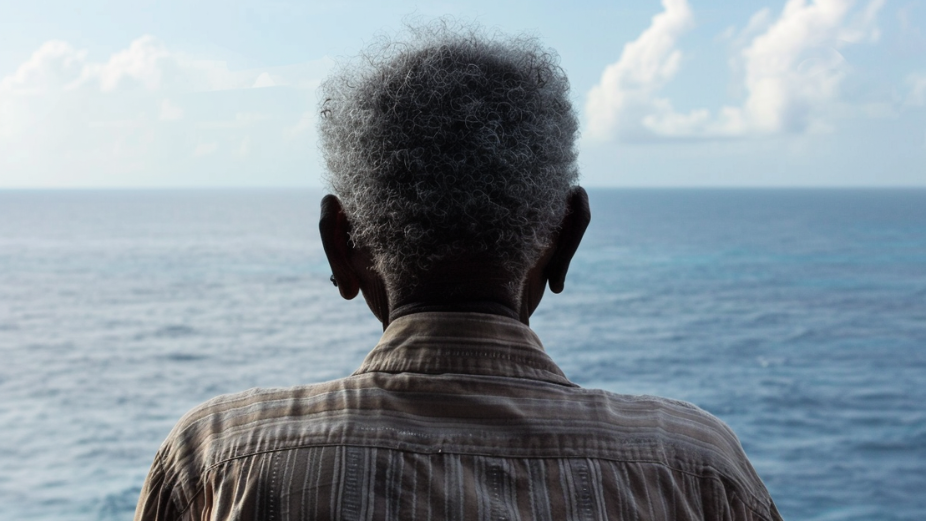
As one of the largest financial reserves in the Maldives, the national pension fund has amassed over MVR 20 billion in assets. Yet, despite its size and intended significance, the pension system has come under increasing scrutiny. Experts, government officials, and citizens alike argue that it is failing to meet the needs of the public, raising a call for urgent reform to make the system more equitable, accessible, and impactful.
A System Built on Promises
The pension system, established under a 2009 law with the guidance of foreign experts, was originally envisioned as a unified fund to replace various, often fragmented, state pension schemes. Prior to the reform, pensions were exclusively state-funded and limited to government employees and some workers in public corporations. The 2009 reform opened the fund to all Maldivians, with monthly contributions of seven percent from both employers and employees. While the system’s creation was seen as a progressive move, intended to provide broad financial security for retirees, the implementation has revealed serious gaps and inefficiencies.
Today, fund withdrawals under the Pension Fund Act are allowed for retirement, housing, and pilgrimage expenses. Meanwhile, about 15 institutions operate outside the general pension fund, allocating around MVR 250 million annually in pensions, either as lump-sum or ongoing payments. This patchwork of institutional policies has led to widespread double-pensioning—particularly among military, judiciary, and parliamentary sectors—an issue critics say is straining the system’s sustainability and undermining its core principles.
Structural Issues and Calls for Reform
This past year, at the Maldives Finance Forum, World Bank Lead Economist Robert Palacios, a key contributor to the system’s design, openly criticised these “double pensions.” According to Palacios, these additional pensions represent a significant drain on the fund and threaten its longevity. Palacios advocated for halting the exclusive pensions paid by agencies like the military and judiciary, urging that the system be aligned with the inclusive principles set out in 2009. The economist also pointed to old-age pensions introduced later, which he argued diverged from the original intentions and are funded unsustainably.
President Dr Mohamed Muizzu has similarly pledged to enhance the pension fund’s scope, announcing plans to enable investments in private and tourism sectors to boost fund performance. President Muizzu, who made these promises a cornerstone of his presidential campaign, argued that these investment avenues would secure higher returns, ultimately benefitting retirees. However, despite being nearly a year into office, his administration has yet to pass any new laws to that effect, though draft reforms are reportedly in progress.
Public Frustration Over Limited Benefits
The fund’s limited utility has fuelled public discontent, especially concerning the MVR 5,000 old-age pension. Many argue that this pension amount is insufficient and unfairly calculated, particularly when coupled with the state retirement pension.
Attempts to clarify and broaden pension rights have made little headway. Recently, the Maldivian National Party (MNP) introduced a motion to parliament, urging that old-age and retirement pensions be treated as separate entitlements, thereby securing full benefits for retirees. This proposal, however, was dismissed, with parliament showing little inclination to revise the existing system.
Disparities in Withdrawal Rules
One of the most contentious issues within the pension system concerns early withdrawals, particularly for expatriates. Under rules updated in 2023, foreign workers can withdraw their funds easily upon leaving the Maldives, without a three-month waiting period. In contrast, Maldivians face more restrictive conditions. Early withdrawals are generally allowed when you reach the age of 55 and, only if the account balance, when divided over 22 years, can fund a basic pension. This sum, critics argue, is difficult to reach even for high-ranking officials, limiting access to funds during emergencies.
The Pension Office maintains that these restrictive policies are designed to safeguard long-term financial stability, arguing that premature fund use undermines retirement security by reducing the pool available for investment. Yet, public sentiment remains divided, with many calling for greater flexibility, especially given the cost of living and the challenges faced by those reaching retirement age.
Looking Ahead: Reform or Retreat?
As one of the Maldives’ largest financial assets, the pension fund has the potential to provide more meaningful support to retirees. There is a growing consensus that reforms are urgently needed, not only to resolve the double-pension issue but also to expand fund utility, increase returns, and improve access for all citizens. President Muizzu’s pledge to overhaul the system has raised expectations, but the onus now rests on his administration to turn campaign promises into effective legislation.
The coming months may prove decisive for the future of the pension fund, as citizens await changes that could allow for a more robust, equitable, and flexible system. Ultimately, the Maldivian government has the opportunity to restructure a fund that can serve the public in a meaningful way—if it can effectively balance current challenges with forward-looking reforms.












